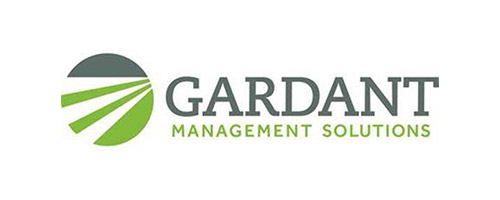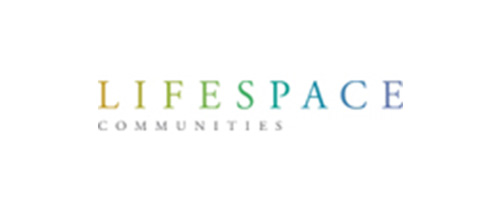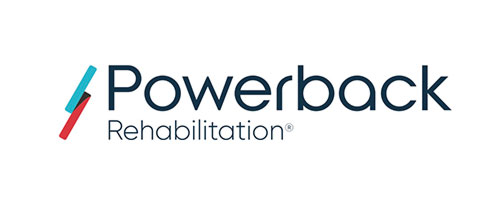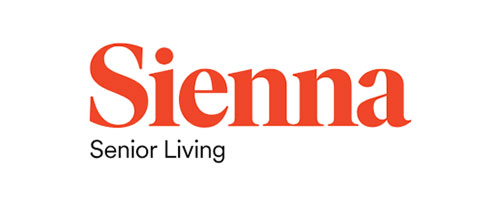Are you ready for value-based care?
If you are a healthcare provider, your payment model is likely to soon shift from a focus on volume to a focus on value, if this shift has not already occurred. According to an August 2020 Red Signal report from Coverys, less than 20% of US Medicare spending is currently value-based. However, the US Centers for Medicare & Medicaid Services (CMS) aims to tie nearly 100% of Medicare spending to value-based care contracts by 2025. With the COVID-19 pandemic causing budget constraints at all levels, CMS has suggested it will likely increase its commitment to value-based care.
A new Value-based Healthcare and Quality Important Initiative microsite has been launched by the Abbott Nutrition Health Institute (ANHI) to help facilities transition to value-based care payment models. The ANHI microsite is organized around categories such as site of care, acute care, skilled nursing and long-term care; specialty care; and private practice and office-based care.

For each of these categories, the microsite links directly to information about specific CMS value-based healthcare programs, CMS quality programs and measures and further resources.
Understanding the “alphabet soup” of CMS programs
The value-based programs from CMS focus on better care for individuals, better health for populations and lower costs. Yet the launch of so many different CMS value-based programs across the continuum of care has created a type of alphabet soup, making it difficult to identify them all.
The ANHI microsite offers direct links to CMS information about individual value-based healthcare programs. In the home health section, for example, there are links to the CMS Home Health Value-based Program (HHVBP) and Home Health Patient-Driven Groups Model (PDGM).
The goal of CMS quality programs and measures is to incentivize US healthcare to become more effective, safe, efficient, patient-centered, equitable and timely. Similar to value-based care, there are also many different CMS quality programs and measures tied to site of care.
The ANHI microsite includes the direct links to CMS information on its various quality programs and measures. For example, the home health section provides links to the CMS Home Health Agency (HHA), Quality Reporting Program (QRP) and HHA QRP Measures.
Quality nutrition care fosters value-based care success
Many CMS value-based and quality programs target reducing readmissions and lengths of stay. Like deficits in other physical dimensions of wellness, poor nutrition/malnutrition are associated with poor health outcomes, including readmissions and longer hospital stays. Quality nutrition care, including screening, assessment, diagnosis and intervention, supports value-based care success, and clinical evidence for this claim is included in the ANHI microsite on the Resources tab for each site of care section.
The ANHI microsite also includes links to research on nutrition-focused, quality improvement programs (QIPs). QIPs identify how care processes such as malnutrition screening and intervention can be improved to benefit outcomes for both patients and the healthcare system.
Value-based care risk models will become mandatory by 2025, and providers who have already taken steps to deliver more efficient and effective care will have an advantage. The ANHI microsite is an important reference and resource to help ICAA members build expertise in value-based care and to help support improved health outcomes through good nutrition.
Mary Beth Arensberg, PhD, RDN, LDN, FAND
Director, Health Policy and Programs
Abbott Nutrition Division of Abbott
Note: This information is not intended to replace a one-on-one relationship with a qualified healthcare professional and is not intended as medical advice. It is intended as a sharing of knowledge and information from research. The view expressed here are not necessarily those of the ICAA, we encourage you to make your own health and business decisions based upon your research and in partnership with a qualified professional.
Share



































